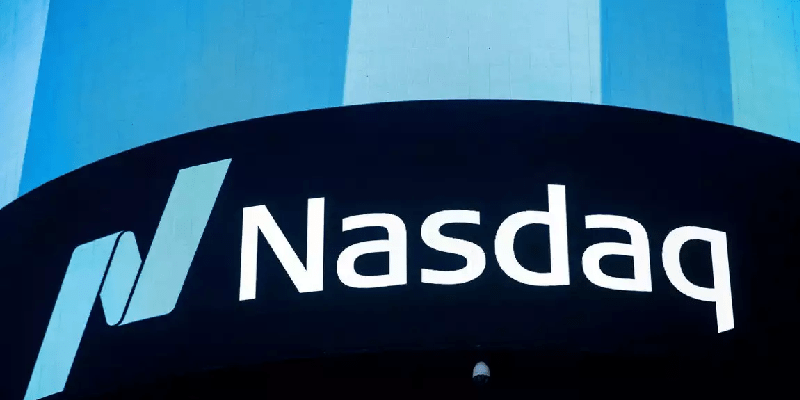Nasdaq Inc. has joined forces with a UK-based soccer betting platform, Football Index, to provide technology and expertise for a unique trading platform. This platform allows users to bet on the performance of soccer players by buying and selling stakes linked to their on-field achievements.
Football Index, a privately held platform established four years ago, introduced a virtual "stock market" in 2014 where participants invest in shares related to star players such as Lionel Messi or Harry Kane. This platform combines elements of fantasy sports and traditional sports betting with aspects of stock market speculation.
To diversify its business amid increasing competition in its core operations, Nasdaq has explored various related ventures over the past decade, including offering its technology to other market operators. Nasdaq's technology is utilized by numerous global exchanges, including those in Bermuda, Indonesia, and Iraq, as well as some cryptocurrency exchanges.
Nasdaq also serves other clients in the sports betting industry, such as the Hong Kong Jockey Club, which holds a monopoly on sports betting in the Chinese territory. Additionally, Nasdaq has a contract to provide betting technology for the horse racing division of Australia's Tabcorp, a major player in the lottery and gambling sector. However, in these cases, Nasdaq's branding remains behind the scenes and doesn't appear on consumer-facing products.
The collaboration with Football Index marks the first instance where the Nasdaq brand will be visible to gambling customers. Magnus Haglind, Vice President of Nasdaq's Market Technology Unit, mentioned that the decision to use Nasdaq branding would be determined jointly by the customer and Nasdaq.
In contrast to the United States, the United Kingdom boasts a thriving and regulated sports betting industry, with betting shops commonly found on most commercial streets. According to data from the UK Gambling Commission, the UK's gambling sector, which includes fixed-odds betting terminals resembling slot machines and online betting, generated a gross gambling yield of £14.5 billion ($18 billion) in the year ending September 2018.
Football Index is employing Nasdaq's technology much like traditional financial exchanges. The software functions as an automated intermediary, connecting sellers with buyers for those looking to cash out their positions or make new investments. Football Index was drawn to this partnership due to the software's ability to swiftly track a variety of prices and facilitate trades.
While most sports-based fixed-odds betting falls outside the regulatory purview of the Financial Conduct Authority (FCA), some sports spread betting, which involves potential fluctuations in bet outcomes, does fall under the jurisdiction of UK financial services laws.
Football Index presents itself as having the characteristics of a traditional financial market, although its products are regulated by the British Gambling Commission rather than the Financial Conduct Authority. It offers "returns" from what it calls "traders" on its website. Instead of real shares in actual soccer players, gamblers purchase a stake, the final value of which is determined by a player's performance.
According to Chief Executive Adam Cole, these stakes are "neither financial instruments nor shares" but rather a "three-year bet on the performance of those football [soccer] players." Players are referred to as "futures," and their ranking determines the share's sale price on the platform. This is calculated using a proprietary formula that incorporates Football Index's aggregator of online soccer news, FootballBuzz, and a performance-based points system.
The ultimate objective is to create "recreational markets for retail traders in something they understand a lot better than traditional financial instruments, such as currencies," noted Mr. Cole. He also suggested that future products might be considered investments and subject to regulation by the FCA.









